Will Harvard and other universities soon "surrender"?
The Trump administration's decision to revoke Harvard University's right to recruit international students on the morning of May 23 (Vietnam time) has caused confusion and anxiety among the Vietnamese student community in the US, even though less than 24 hours later, federal judge Allison Burroughs issued a temporary order suspending the ban on Harvard recruiting international students.
As for international students at Harvard, they have two choices: Transfer schools or become illegal residents in the US.
Sharing with Dan Tri reporter, a Vietnamese student studying abroad (who asked to remain anonymous) said that the reason why directly affected students do not publicly express their personal opinions is because of concerns about legal risks related to their statements.
If anything goes wrong, their identities are easily traced because the Vietnamese student community at Harvard is very small.
"There was an atmosphere of anxiety. There were both real and unreal worries. Everyone was holding their breath, watching the latest moves from the school," the student said.
Dr. Dinh Cong Bang - an e- government consultant in Florida, who has many years of experience supporting the Vietnamese student community in the US - shares his own perspective on this issue.
According to Mr. Bang, the Trump administration's "attack" on universities is essentially a political war. It seems that Mr. Trump wants to win on the cultural and ideological front.
"In this war, the Trump administration has found an extremely powerful weapon: hitting the "stomach" of universities. If they back down, it will be an ideological victory for Mr. Trump, while attracting great support from those who elected him.
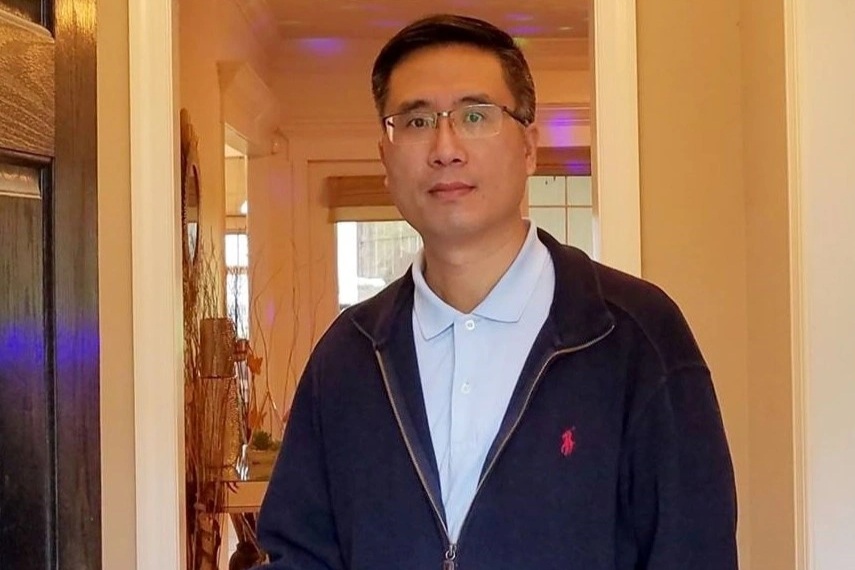
Dr. Dinh Cong Bang is an e-government consultant in Florida and has many years of experience supporting the Vietnamese student community in the US (Photo: NVCC).
Personally, I think there is no way for schools to win against Mr. Trump in this battle. Especially when Mr. Trump has a very important advantage: the federal supreme court is on his side," Mr. Bang analyzed.
Mr. Bang predicts that Harvard and other universities will soon "surrender".
"At some point, Harvard has to decide whether it wants to protect student rights more or protect freedom more.
This weekend and next week, Harvard will decide whether to continue fighting or find a solution that the Trump administration will accept.
In option 2, Harvard lawyers and Justice Department lawyers would tacitly agree on policies and regulations for campus activities, and students would not be allowed to do anything.
In option 1, Harvard would open a new, independent lawsuit.
However, if this war continues, Harvard will certainly lose and is likely to lose.
Suppose Harvard wins in 3 months, then all the students, specialists, lecturers, professors... using F1, J1 visas will have to return home. Their classes, research labs, projects will be abandoned or canceled.
Harvard won, meaning students could continue to protest against Israel freely on campus, but it was a symbolic victory with no concrete benefits. Meanwhile, thousands of students, staff, and even professors were affected.
Furthermore, to achieve this victory, Harvard must mobilize a "huge" team of lawyers, possibly even to the Federal Supreme Court, causing financial costs and distracting Harvard's main work of teaching and research," Mr. Bang stated his opinion.
According to Mr. Bang, other universities in the Ivy League will listen to Harvard. If Harvard wins, the schools will fight together. If Harvard retreats, the schools will also retreat. Harvard is also forced to win quickly, within a few days or at the latest a few weeks. Because the visa grace period for international students is only 60 days.
"No school has as much money as Harvard, with top law professors and direct personal relationships throughout the entire US legal system. If Harvard can't support it, no one can," said Mr. Bang.
What should Vietnamese students studying in the US do?
It is estimated that the Vietnamese student community in the US is about 230,000 people. Of these, the number of students and experts studying, researching and teaching at Harvard is very small.
However, Mr. Bang said, panic is still widespread in the community. The direct impact is low but the psychological trauma is strong. Many students studying at other schools are also afraid of their opportunities. They fear that if the university makes a decision that opposes the Trump administration, they will become victims.
"Those things haven't happened yet, there's no specific danger, but the worry in the mind is disrupting students' lives," Mr. Bang said.
In the past few hours, Mr. Bang has spent a lot of time consulting with groups of international students. According to him, students and researchers studying at Harvard should not worry too much. Instead, they should outline options to choose from.
If students choose to stay at Harvard, they need to seek help from the school with paperwork, especially if they have to temporarily leave the United States to avoid illegal residency.
During their time in the US, students must absolutely comply with US laws and stay connected with the school's Board of Directors, which has extensive relationships to ensure the rights of its students.
If you choose to transfer schools, the School Administration is also the place for students to ask for help.
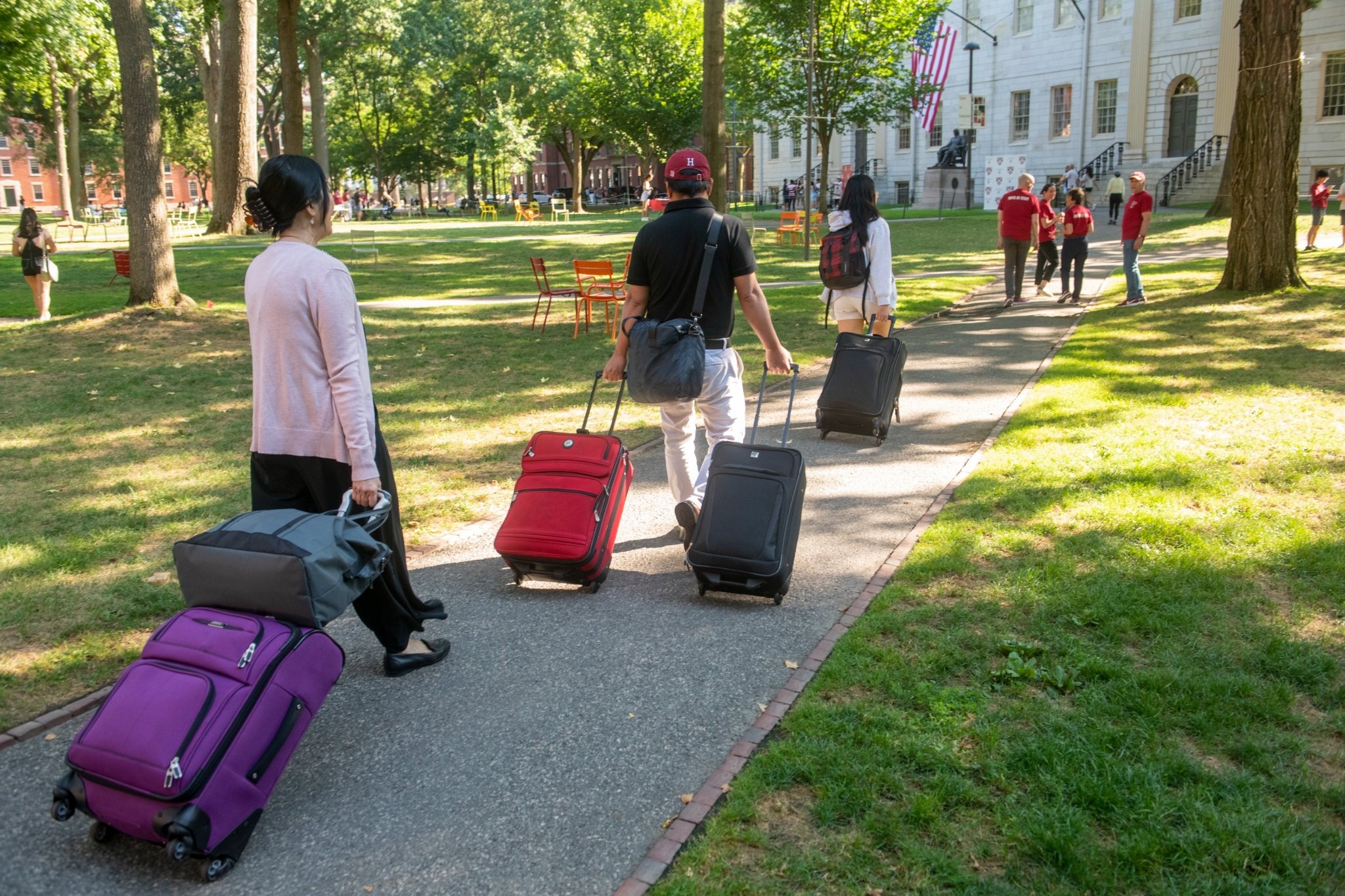
Harvard students and their families on the day of admission (Photo: Harvard University Fanpage).
In the case of students studying at universities other than Harvard, which are not directly related, Mr. Bang advises them to continue focusing on practical goals such as studying, researching, finding job opportunities or finding higher scholarships.
Regarding students preparing to go to the US, Mr. Bang said that this group is completely unrelated to the war between Mr. Trump and universities, because they do not touch the research budget - the source of money that Mr. Trump is targeting.
"Considering whether or not to study in the US is an unreasonable concern, in my opinion. Overall, the US still has the best university and graduate education system in the world, the research budget is still the largest in the world, the job opportunities for foreigners are also the largest, and nothing has changed," Dr. Dinh Cong Bang affirmed.
Master of Education Dinh Thu Hong, a long-time elementary school teacher in Georgia, USA, believes that the "war" between the Trump administration and Ivy League universities is an opportunity for Vietnamese parents to reconsider their study abroad goals.
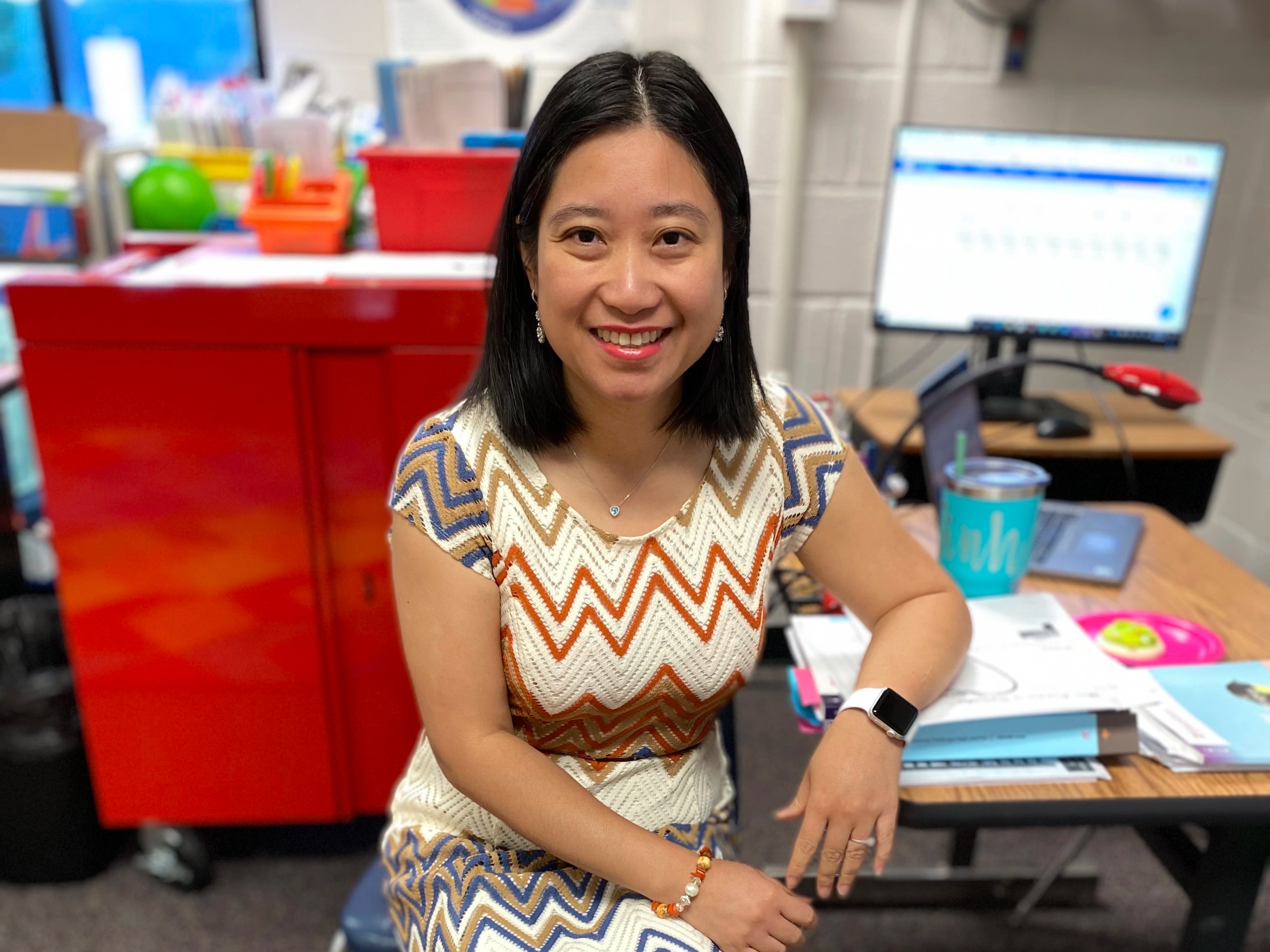
Master of Education Dinh Thu Hong - primary school teacher in Georgia, USA (Photo: Provided by the character).
The US higher education system, with more than 4,000 schools, is uniform in quality regardless of rankings. Studying at smaller, less famous schools can bring more benefits to students, such as lower tuition, higher professor/student ratios, and therefore more attention from teachers, and better opportunities for personal development.
These schools also offer a variety of financial aid and scholarships for international students.
Meanwhile, getting into Harvard or the Ivy League schools does not guarantee success, but the level of competition is too fierce. In fact, many students experience great pressure and even mental health problems at these schools.
The Trump administration's attack on Ivy League universities further shows that those are not the only right choices.
However, according to Ms. Hong, a large number of Vietnamese parents have a mindset of "preferring" prestigious schools, paying too much attention to the rankings of schools instead of caring about their children's interests and abilities. Therefore, they may be "shocked", confused, and worried about what is happening.
"Of course, if you get into a big school, you will have a good network of relationships and higher internship opportunities.
But on the contrary, if you get there and feel pressured and can't integrate, you will always be in the "rat race" (literally the rat race, figuratively the competition that never stops for money and fame).
"It is an extremely meaningless and unfortunate race for the children," Ms. Hong stated.
Ms. Hong also advised that during this period, Vietnamese students in the US need to stay calm and expand their search for study opportunities. Instead of focusing only on the Ivy League, they can learn about other schools or other directions, such as vocational training.
The ultimate goal is to gain the knowledge and skills to succeed. This can be achieved at any school, as long as the student works hard and puts in the effort.
Source: https://dantri.com.vn/giao-duc/du-hoc-sinh-viet-nen-lam-gi-truoc-cuoc-chien-cua-chinh-quyen-my-va-harvard-20250524151912253.htm


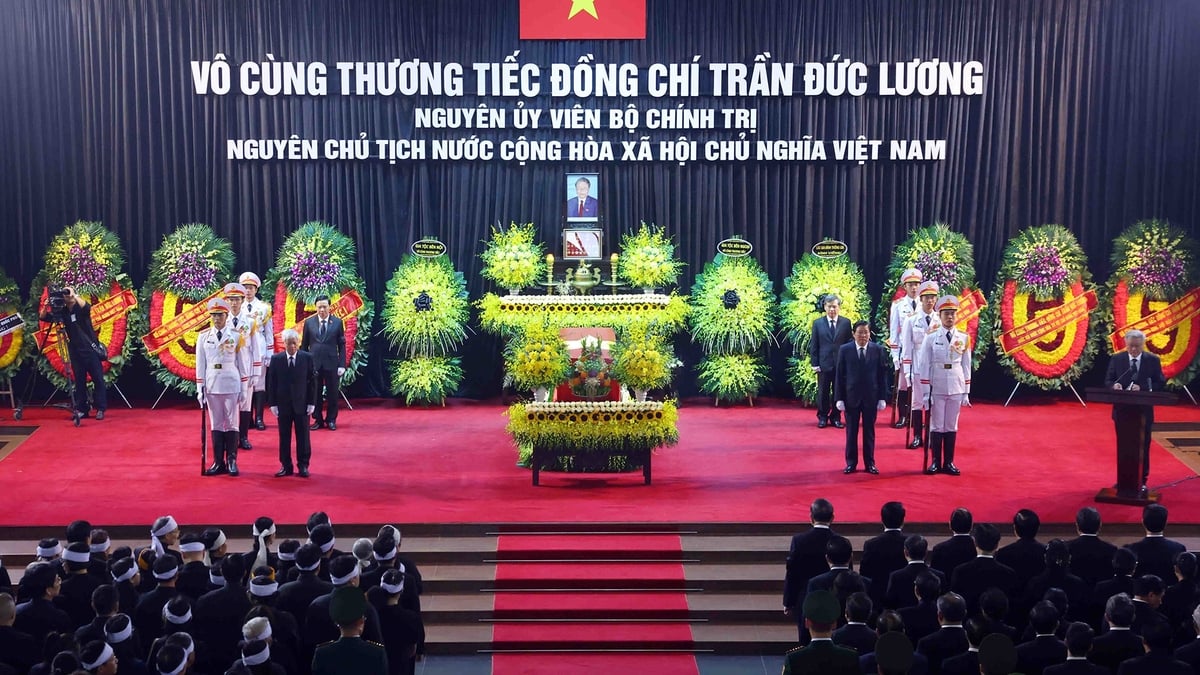
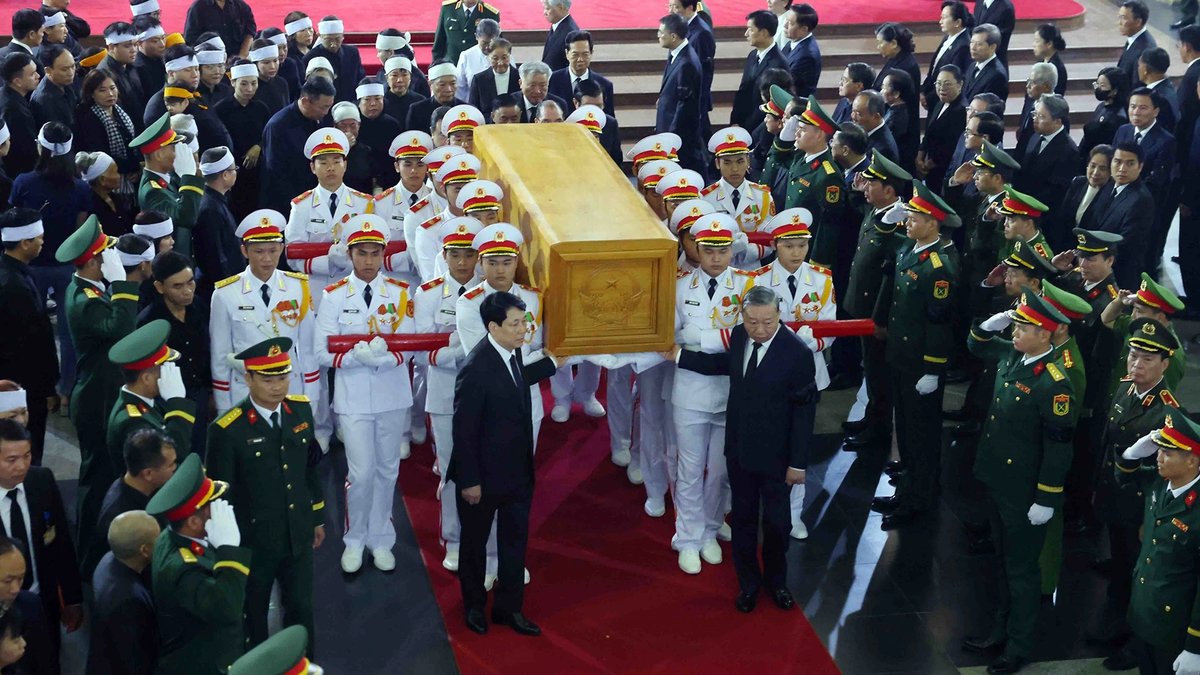
![[Photo] Panorama of the memorial service for former President Tran Duc Luong](https://vphoto.vietnam.vn/thumb/1200x675/vietnam/resource/IMAGE/2025/5/25/d33968481f21434fa9ed0df48b9ecfa9)
![[Photo] Prime Minister Pham Minh Chinh meets the Vietnamese community in Malaysia](https://vphoto.vietnam.vn/thumb/1200x675/vietnam/resource/IMAGE/2025/5/25/1f11d1256d7745a2a22cc65781f53fdc)
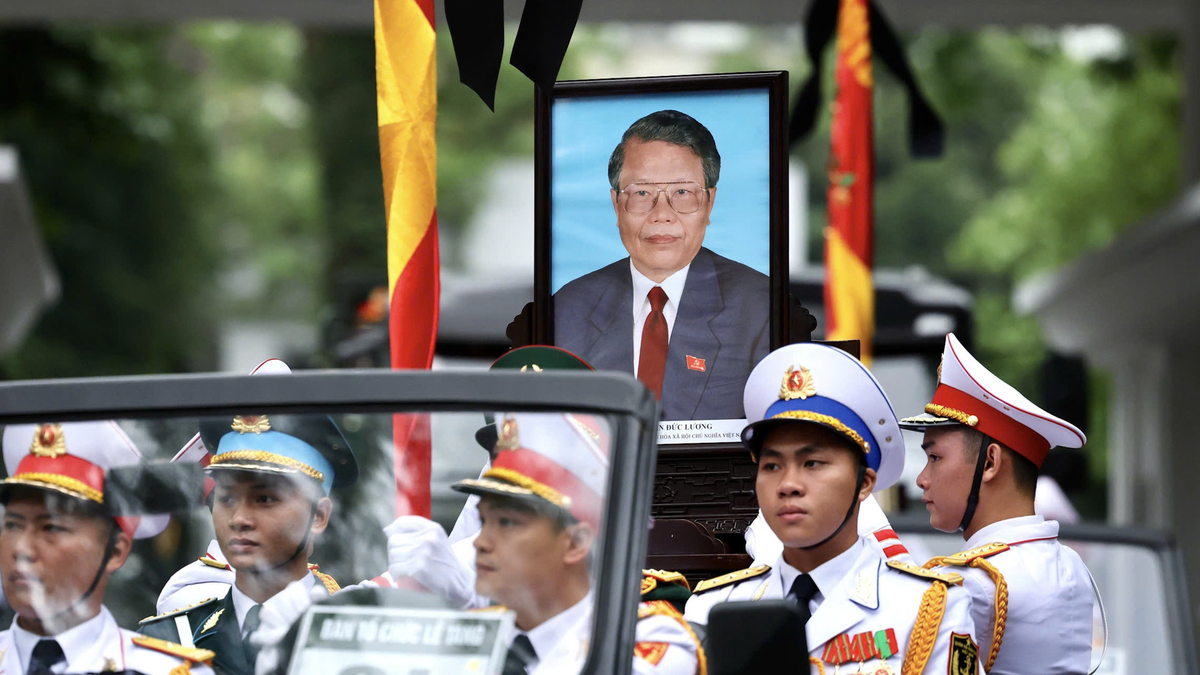
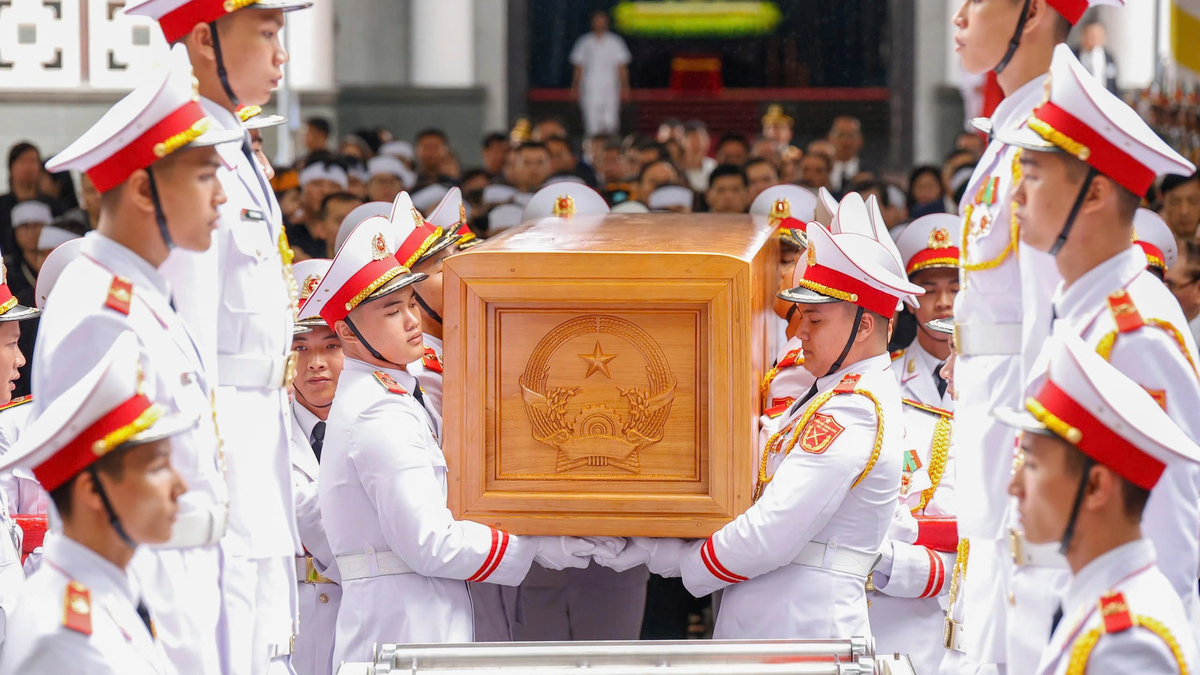


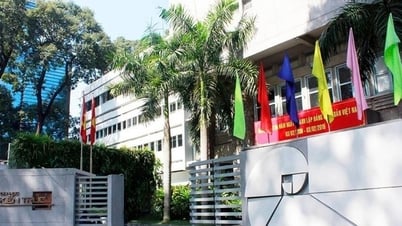

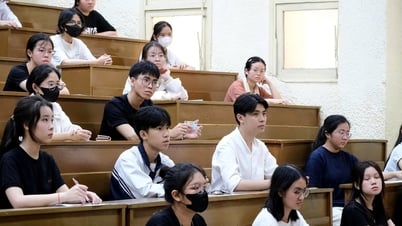



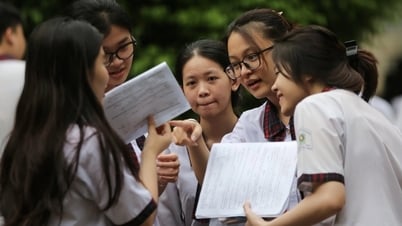
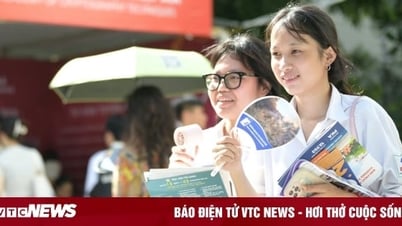











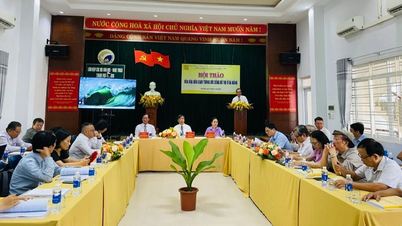

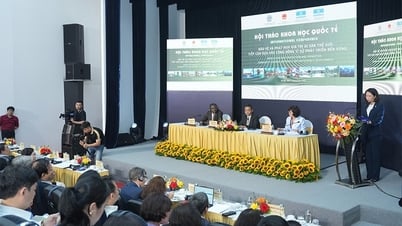



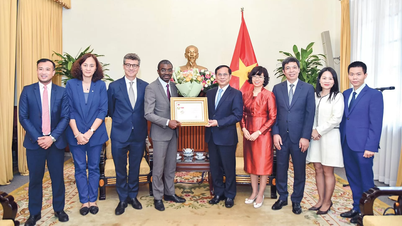





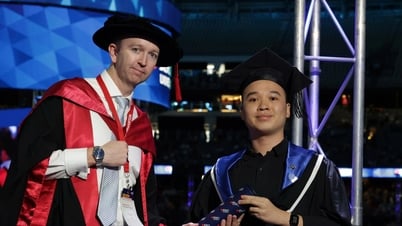
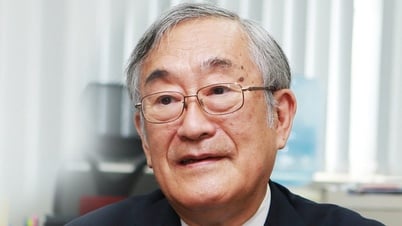

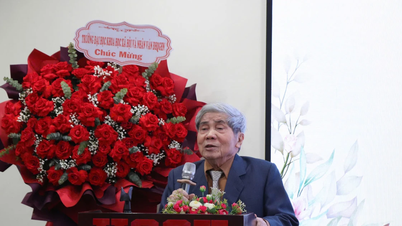














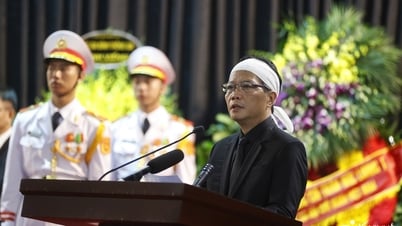

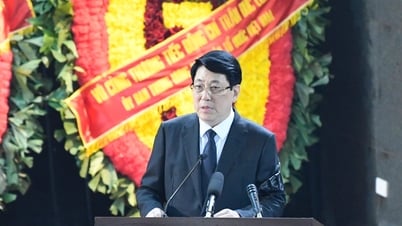

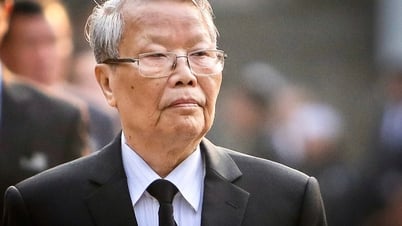









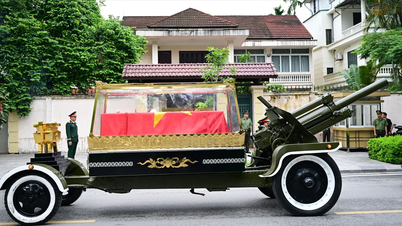

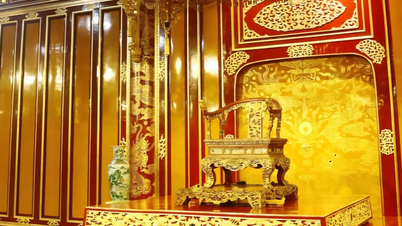
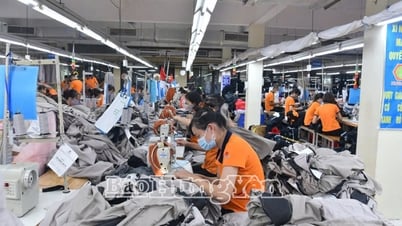



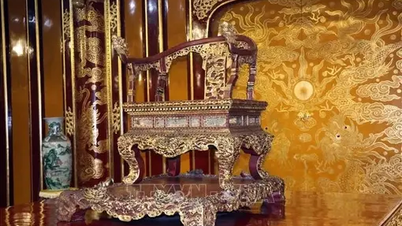

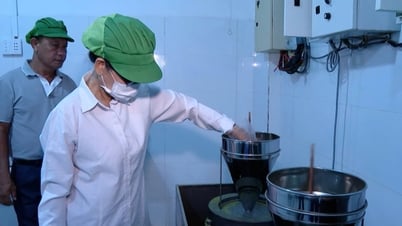









Comment (0)